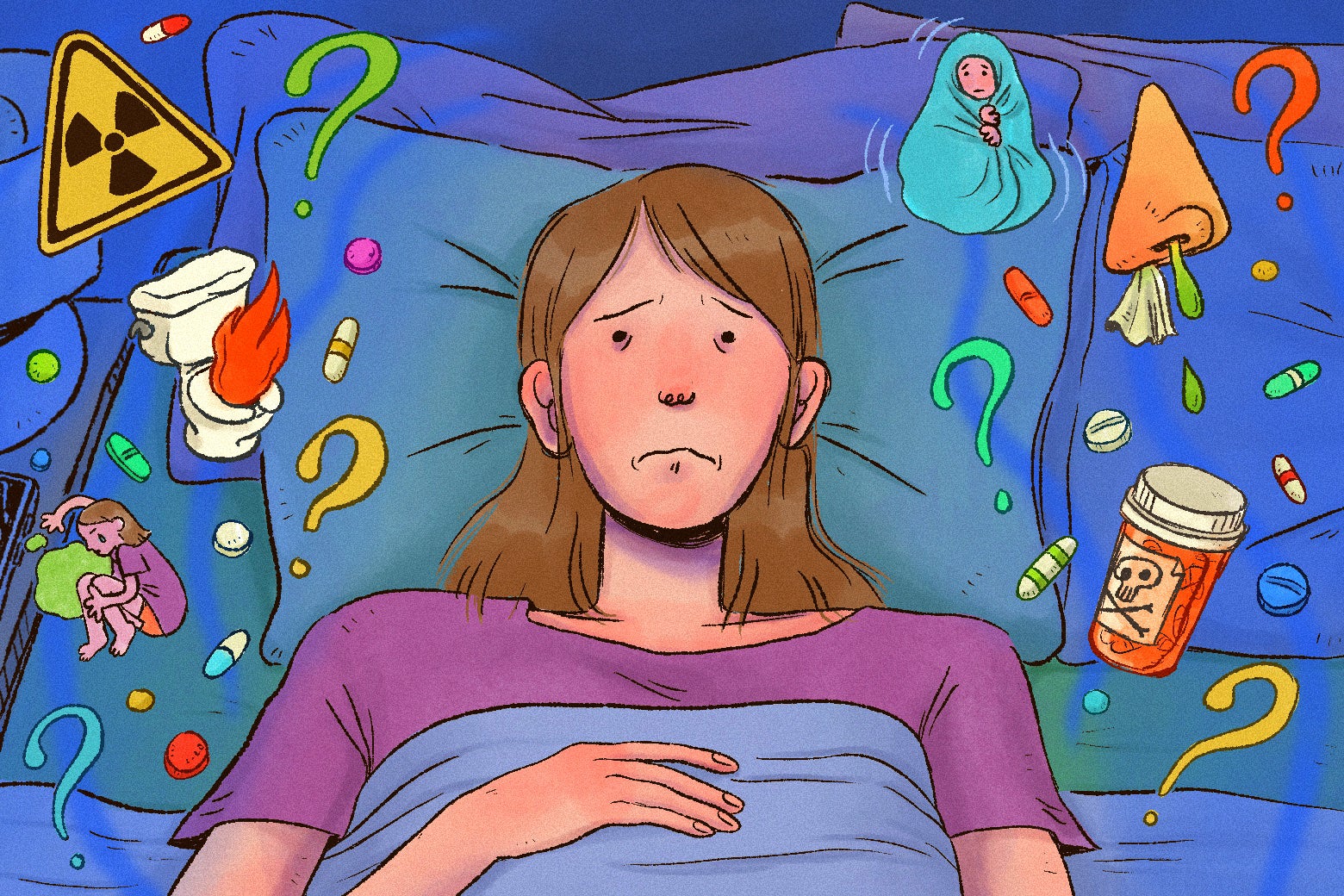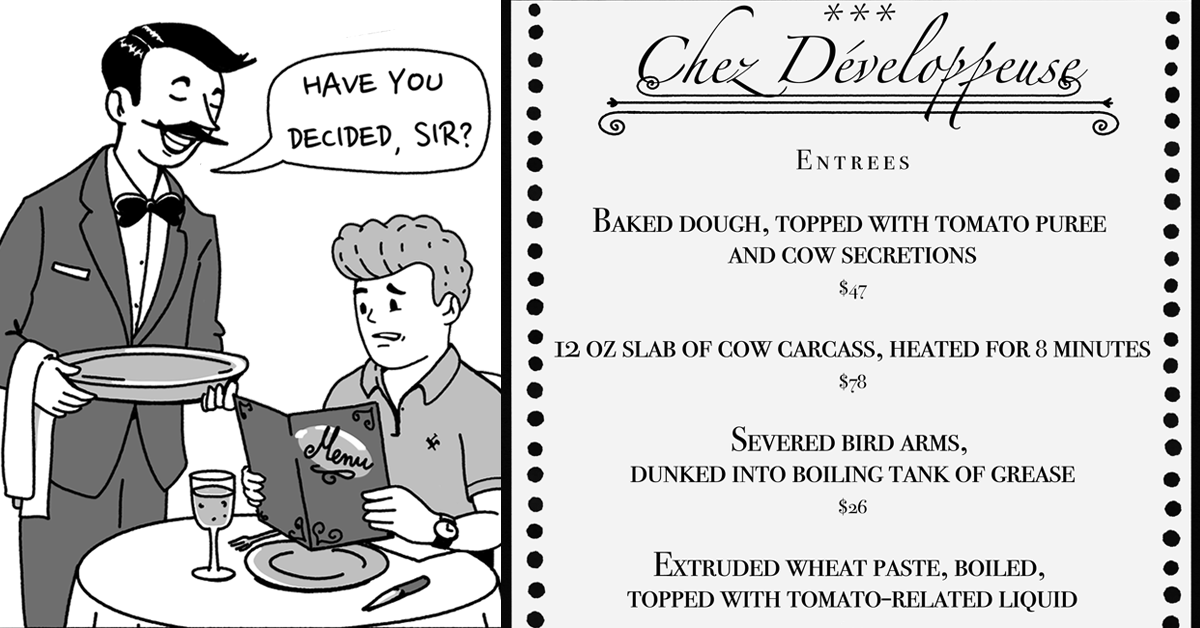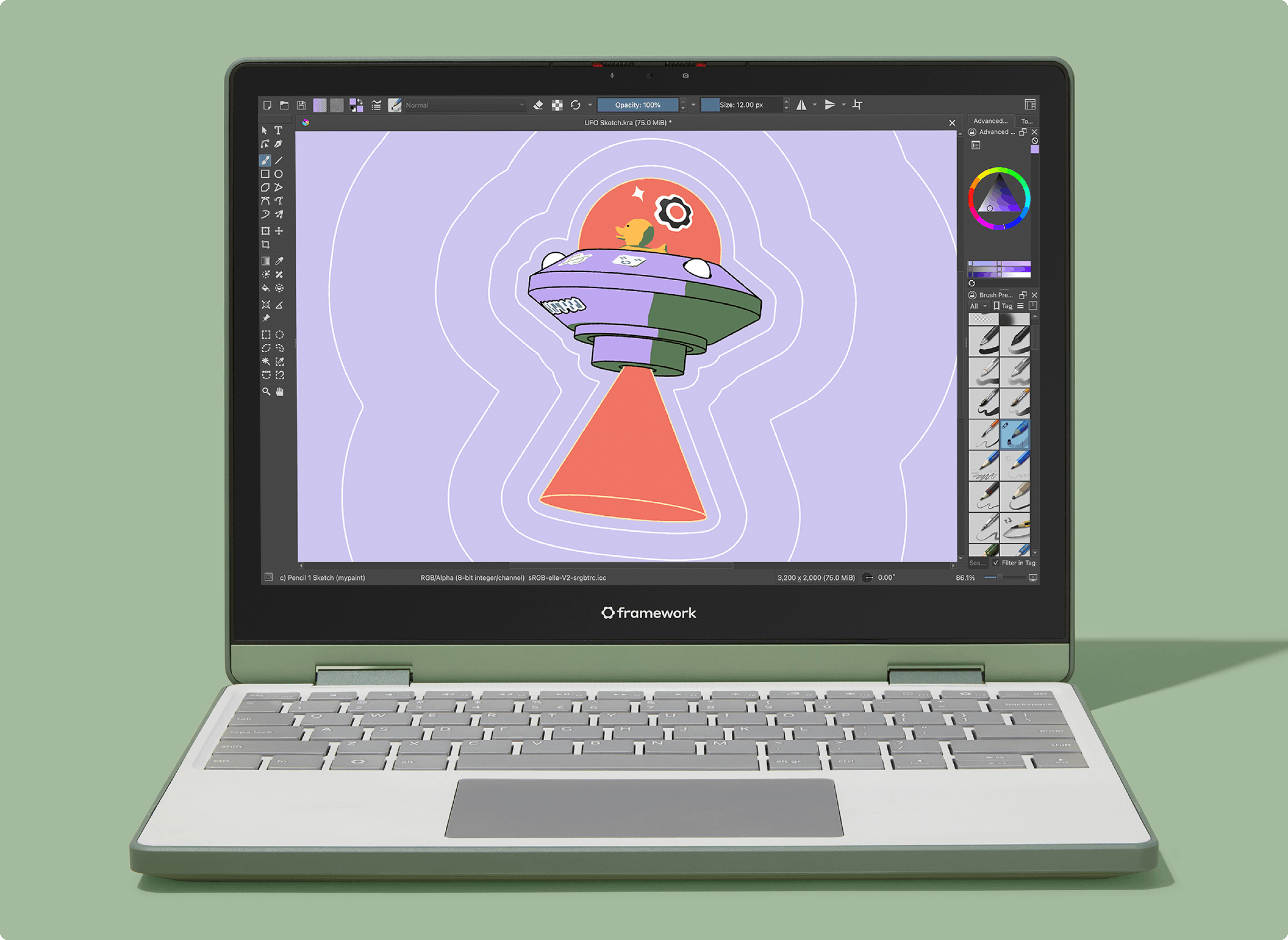It’s not always clear that you’re really hearing—and absorbing—the medical information you need to know.

Sign up for the Slatest to get the most insightful analysis, criticism, and advice out there, delivered to your inbox daily.
In 2003 Jonathan Gluck was diagnosed with multiple myeloma, essentially a bone marrow cancer. To confirm the diagnosis, his doctor ordered a full-body PET scan, considered one of the best tests for early detection of the disease. The day of the appointment, the medical staff injected a radioactive tracer into Gluck’s bloodstream, then instructed him to lie down on a machine similar to a CT scanner.
It took about an hour on a weeknight after work, and afterward, Gluck made a throwaway joke to the technician: Am I glowing from the radioactive tracer? “I meant it as a bit of gallows humor, but he answered by essentially saying, Actually, sort of,” Gluck, a journalist, writes in his forthcoming memoir, An Exercise in Uncertainty. The technician told him he might want to avoid sleeping next to his wife if she happened to be pregnant. She wasn’t, Gluck responded, but they did have a 7-month-old. “Oh,” the technician said. “You should definitely stay away from her.”
Gluck went to a diner and stayed there until 2 a.m., about the time the technician said the radioactivity should be out of his system—a small precaution he wouldn’t have known to take if it hadn’t been for that random conversation with the tech. In his memoir, he writes about the incident. “Why wasn’t I warned of the potential risks to Didi and A.J.?” he says, naming his wife and daughter. “What similar hazards have I, or you, not been informed of?”
How much should doctors dwell on risks when consulting with patients? It seems like a straightforward question: Of course doctors should inform their patients of any and all possible risks before going ahead with a procedure. And yet, even experienced physicians struggle to strike the right balance. In Gluck’s case, the answer seemed straightforward: Stay away from the kid for a bit (a step that the International Atomic Energy Agency also suggests that patients consider following the kind of scan he got). But in some cases, a risk, or potentially negative outcome, might affect whether a patient goes through with a treatment at all—or whether they later regret doing so.
“This is one of the hardest questions for us to answer,” said Terri Fried, a professor and physician at Yale School of Medicine. “Because what we’re really saying is, How much information do people need to make an informed decision?”
To practice medicine ethically (and to avoid malpractice lawsuits), physicians must ensure that a patient has informed consent— that is, they must tell the patient enough information about the treatment or procedure for the patient to make an informed decision about their care. (It’s possible, of course, that in Gluck’s case, he did sign some form or another that mentioned those potential risks.) But how much information is too much? How little is too little? Informed consent laws don’t get into specifics, leaving the question up to individual doctors.
Legally speaking, the answer here is relatively straightforward. “It’s what the reasonable person would want to know,” said Arthur Caplan, a bioethicist at New York University Grossman School of Medicine. Would a reasonable person want to know, for example, that there is a risk of death associated with anesthesia, albeit a small one? The answer may change depending on the context. For example, in an emergency situation, the stakes are often clearer: Rejecting a treatment could lead to the loss of a limb, or even the loss of life. Any minuscule risk of harm may be obviously worth it. But when it comes to a nonemergency or elective procedure, things get murkier.
“The problem is, patients have no idea what they want to know,” Caplan said.
In January, the Cut published a piece by the writer Katie Heaney about her “breast reduction from hell.” The surgery didn’t deliver the results she had expected, and during her recovery, she sent a mental health update to her medical team, telling them she’d been feeling hopeless. That was called postoperative depression, and it was normal, they assured her. “This was comforting to hear,” Heaney writes, “but it also made me wonder why nobody warned me before.” Learning that a bad outcome is common is reassuring, but it can also be bewildering. If it’s normal, then why did it come as a surprise?
It’s possible that someone had warned her. Informed consent is required before any medical procedure that comes with significant risks, like a surgery or other invasive operation, for example. That consent can come in three forms: implied consent (the doctor explains the procedure and answers your questions), verbal consent (you agree out loud to the procedure), or written consent (you sign a form that describes the risks). Even if you work with a doctor who is extremely thorough in describing the risks and possible bad outcomes—like the low risk posed by radiation from a scan—they may be difficult to grasp. Just because you’re given the information doesn’t mean you’re absorbing it.
“If the doctor has to reel off a list of 20 different side effects, that doesn’t necessarily mean the patient understands all that information,” said Jonathan Pugh, a senior research fellow at the Uehiro Oxford Institute who studies patient autonomy and informed consent.
To the contrary, it could lead to cognitive overload, leaving you overwhelmed with information and unable to process any of it. Pugh compares this with clicking “Accept Cookies” when you visit a website. “As someone who works extensively on informed consent, I never give informed consent to websites,” he said. “I’m just being overloaded with information. I’m just not going to pay attention.”
Plus, it’s just not possible for doctors to cover everything. What if an earthquake hits? What if you fall out of your hospital bed? What if a nurse and the anesthesiologist aren’t getting along that day and their feud affects your care? “It’s impossible to tell patients about the full range of possible bad outcomes, because there are good reasons to think that’s infinity,” said Nir Eyal, who studies bioethics at Rutgers School of Public Health.
For that matter, studies in psychology suggest that, generally speaking, people are not great at assessing personal risk. Research has shown, for example, that people tend to overestimate the benefits, and underestimate the risks, of medical interventions. In my reporting for a recent story on in vitro fertilization, patients told me again and again that they had assumed that IVF was a “guarantee.” It would be a hard road, sure, but at the end of it, they’d have a baby. One woman I spoke to said she didn’t realize how common miscarriages were until she had one herself at seven weeks. “No one prepares you for if it’s not going to work—so when it doesn’t, it’s just shocking,” she said.
For that story, I spoke to health psychologist Alice Domar, who referenced a study she led years ago that found that patients’ expectations of a successful embryo transfer were twice as high as their actual chances. “When patients come to the doctor, they want hope,” Caplan said. “They want good news, and they want to be told that things are going to be OK.
“So they may not hear what the doctor says in terms of adverse events,” he added. “They literally just block it out, don’t pay attention.”
The responsibility lies with the doctor to make sure the patient truly is giving informed consent. But there are some things patients can do to increase their chances of hearing and absorbing the relevant information. “Ask questions, ask questions, ask questions,” said Caplan. “You’re often thinking, Oh, it’ll be seen as a challenge, or I can’t upset my doctor. But you have to ask questions.”
Request supplemental materials, like one-sheeters, that you can take home and review when you’re able to sit and process the information, Caplan said. He also suggests asking the doctor if it’s OK to record the conversation, so you can listen back to it later. (If you have an iPhone, you can easily do this with the Voice Memos app.)
Fried, the Yale School of Medicine physician, works in geriatrics, and it weighs heavily on her mind whether her older patients are truly absorbing the medical information they need to know. She’s come up with a few questions she asks her patients before they undergo treatments and procedures, but anyone could steal them and ask their own doctors to talk through the same points with them to make sure they’re on the right page.
For one, Fried likes to share with her patients the best- and worst-case scenarios after a given procedure, along with where on that spectrum she expects the patient to land. “It’s an easy question for a patient to ask their physician: ‘Tell me what you think the best case is? Tell me what you think the worst case is?’ ” she said. It can also be informative to flip this around and ask yourself the same questions. For you, what’s the best-case scenario here? What’s the worst? Identify those and ask your doctor the likelihood of each, Fried said.
Another go-to: Ask your doctor what they would want to know—or what they would want a loved one to know—about the potential risks of the procedure. “That can make somebody stop in their tracks and really think about this,” Fried said.
Fried has also had some revealing conversations with her patients by asking them what they hope the procedure or treatment will accomplish. Sometimes, that’s how she realizes that her patients are way off in their expectations. She remembers a veteran who used a wheelchair and who was scheduled for vascular surgery.
“And I asked him what he thought the surgery was going to do for him,” Fried said. “And he said, ‘Allow me to walk again.’ ” She was alarmed; the surgery was absolutely not going to do that. Occasionally, she said, the conversations that seem to be most helpful to patients aren’t the ones that dwell on the bad outcomes; they’re the ones that dwell on the patients’ hopes.
“You actually have to make sure that people understand what it is they’re going to achieve with the [procedure],” she said. “And there’s an easy way to get at that, which is just to ask.”
Sign up for Slate’s evening newsletter.









 English (US) ·
English (US) ·